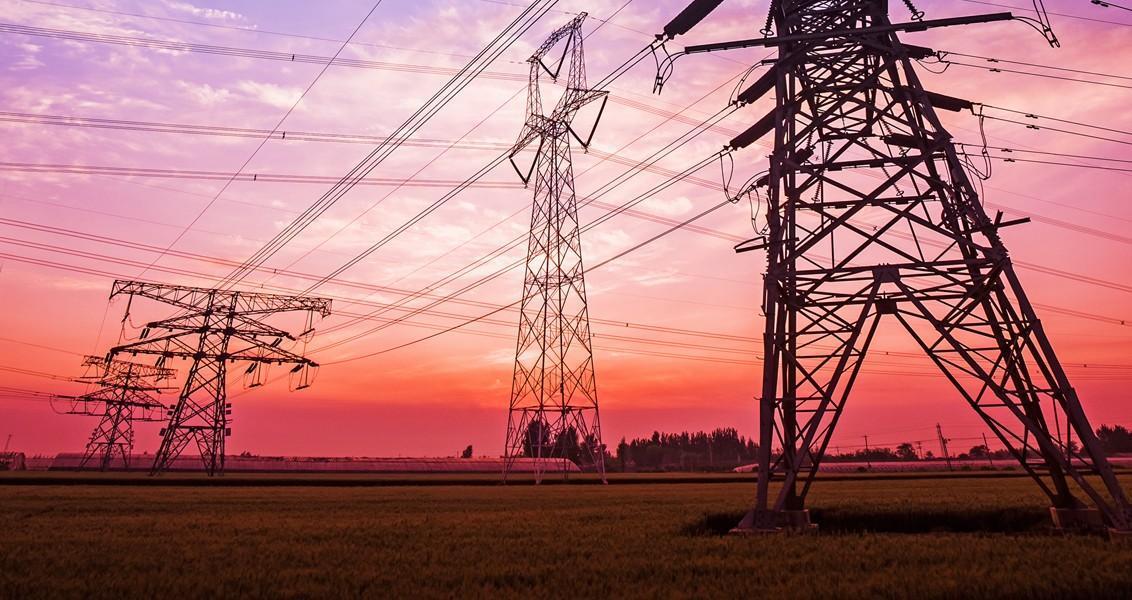
In tandem with the global energy transitions, Turkey has gone through a major transition since 2002, which I refer to as Transition 1.0. Opening the market to competition while meeting the increasing demand was not an easy process, but strong political commitment, vision, and stability made it possible. In 2017, 16 years following the first transition period, the Ministry of Energy and Natural Resources announced its National Energy and Mining Policy (NEMP), which marks the second transition period of the Turkish energy market, Transition 2.0. Based on detailed analyses, NEMP was established based on three main pillars: security of supply, localization, and predictability in the markets.
Investment in infrastructure is essential to maintain security of supply. For infrastructure investment in the energy market, Turkey is investing extensively in power grids both at the transmission and distribution levels. When it comes to the gas market, the main objective is to make gas networks and relevant facilities capable of delivering more gas in any direction with the least cost. Investments in the energy sector must continue to meet growing energy demand and ensure a sustainable energy future. In line with this goal, there are three priorities for the energy sector in the upcoming period—financial sustainability, political sustainability, and inclusiveness—which are the key elements of a viable investment environment.
Through predictability in the markets, Turkey aims to achieve a more competitive structure in the energy sector and create the right price signals for investors. Right price signals are crucial due to their power to translate into affordable energy prices for households, the commercial sector, and the industry. Delivering affordable prices to our industry would, in turn, enable the sector to become more competitive in the global arena.
The third dimension of NEMP is localization. Turkey is increasing the relatively low share of domestic coal in its energy mix through clean coal technologies. In this regard, Turkey has successfully utilized renewable sources after triggering renewable energy investments through a new strategy. This entails a “renewable energy resource zone (RE-ZONE) competition mechanism,” which encourages investors not only to build power plants but also to manufacture renewable energy equipment in Turkey. Through our newly established RE-ZONE model, we are aiming to both utilize renewable resources, and at the same time reduce our current account deficit with locally manufactured content requirement.
To illustrate this, two RE-ZONE competitions of solar and wind for 1,000 MW each were completed with historic low prices. The installed capacity of renewable energy sources excluding hydro has reached 13,328 MW, representing 15 percent of the total installed capacity by the end of August 2018. With the realization of RE-ZONE projects, Turkey will be one of the renewable energy technologies and equipment supplier countries in its region.
Additionally, as Turkey is a net oil and gas importer, recent policies have a particular focus on hydrocarbon exploration. The Eastern Mediterranean is a promising region considering recent oil and gas discoveries. Any finding of oil or gas reserves would support Turkish energy security and in case of reaching a significant reserve, this would be a game-changer for the region.
Apart from the exploration activities, Turkey made important enlargements to its natural gas infrastructure. We currently have two underground storage facilities, Silivri and Tuz Gölü, with a total capacity of 3.3 bcm. Turkey also aims to increase its natural gas storage capacity to at least 20 percent of its annual consumption.
The Turkish energy market has gained a lot of maturity in terms of competitiveness primarily due to successful market reforms carried out during transition periods. Therefore, any new player planning to enter the market, whether through an LNG, nuclear, natural gas or renewables project should be competitive. Additionally, some of our gas supply contracts are expiring in 2020. Thus, we are at a very important stage to renegotiate or make new contracts on competitive terms.
* Alparslan Bayraktar is the Deputy Minister of Energy and Natural Resources of Turkey and the Chairman of the World Energy Council, Turkey. This article was originally published in Turkish Policy Quarterly’s Fall 2018 issue, in collaboration with Atlantic Council in Turkey.